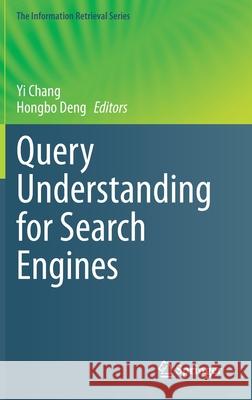Query Understanding for Search Engines » książka
topmenu
Query Understanding for Search Engines
ISBN-13: 9783030583330 / Angielski / Twarda / 2020 / 224 str.
Query Understanding for Search Engines
ISBN-13: 9783030583330 / Angielski / Twarda / 2020 / 224 str.
cena 644,07
(netto: 613,40 VAT: 5%)
Najniższa cena z 30 dni: 578,30
(netto: 613,40 VAT: 5%)
Najniższa cena z 30 dni: 578,30
Termin realizacji zamówienia:
ok. 16-18 dni roboczych.
ok. 16-18 dni roboczych.
Darmowa dostawa!
Kategorie:
Kategorie BISAC:
Wydawca:
Springer
Seria wydawnicza:
Język:
Angielski
ISBN-13:
9783030583330
Rok wydania:
2020
Wydanie:
2020
Numer serii:
000318554
Ilość stron:
224
Waga:
0.50 kg
Wymiary:
23.39 x 15.6 x 1.42
Oprawa:
Twarda
Wolumenów:
01
Dodatkowe informacje:
Wydanie ilustrowane











